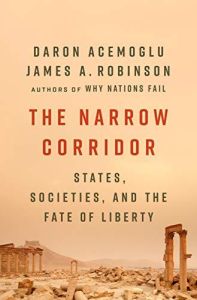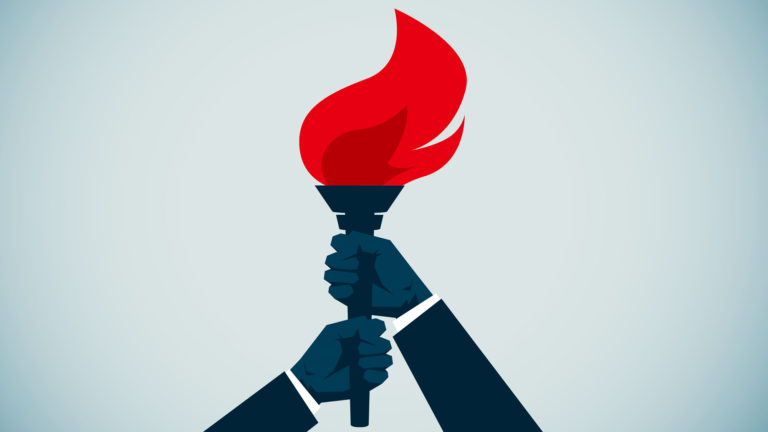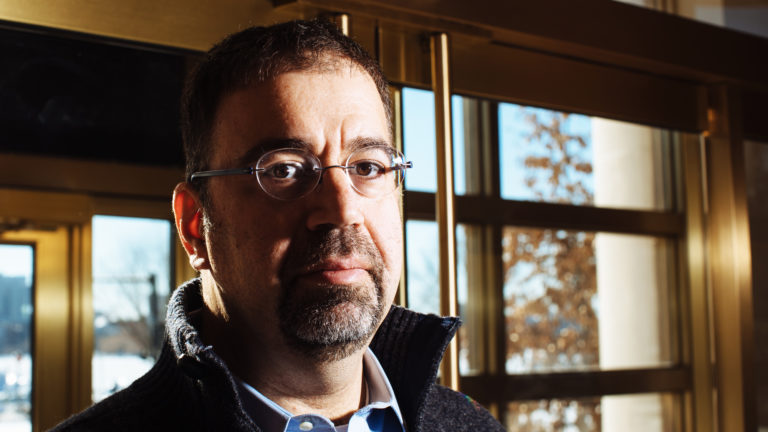Join getAbstract to access the summary!

Join getAbstract to access the summary!
Daron Acemoglu and James A. Robinson
The Narrow Corridor
States, Societies, and the Fate of Liberty
Penguin Press, 2019
What's inside?
How do societies achieve the unnatural, yet desirable state of political liberty?
Recommendation
People in the West often view political liberty as a state which, once achieved, will remain the status quo. According to economists and best-selling authors James A. Robinson and Daron Acemoglu, however, liberty exists only in the fragile balance between a strong state and a strong society. The pair delve into history – from Ancient Sumer to present-day populism – to illustrate why democratic institutions will not, in themselves, protect against abuse of power. Rather, liberty relies upon an educated citizenry continually and proactively defending its rights against state encroachment.
Summary
About the Authors
James A. Robinson is a professor of political science and economics at the University of Chicago. His coauthor, Daron Acemoglu, is an economist and professor at MIT.























Comment on this summary